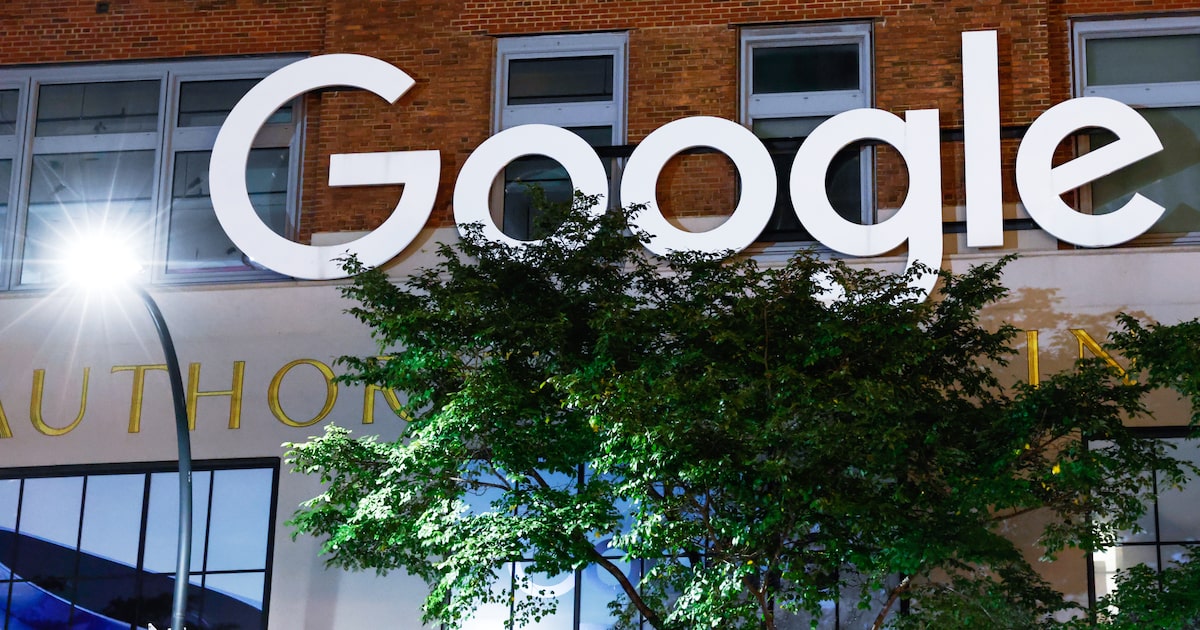AUSTIN — Texas Attorney General Ken Paxton announced tech giant Google will pay the state $1.375 billion in a “historic” settlement over allegations the company violated its users’ privacy.
Google agreed to the settlement in May. It’s Paxton’s latest win against tech companies, which have included large settlements with Facebook and Instagram parent company Meta in 2024 and another lawsuit with Google.
“This historic $1.375 billion price tag for Google’s misconduct sends a clear warning to all of Big Tech that I will take aggressive action against any company that misuses Texans’ data and violates their privacy,” Paxton said in a news release. “If Big Tech thinks they can get away with abusing user data and illegally spying on Texans without consequences, I will make sure they are proven wrong.”
The attorney general’s office alleged Google unlawfully tracked and collected users’ geolocation data, incognito browsing history and biometric identifiers. The settlement ends litigation over two lawsuits the attorney general’s office brought against Google.
Political Points
The suits accused Google of violating Texas’ Capture or Use of Biometric Identifier Act (CUBI) and the Texas Deceptive Trade Practices-Consumer Protection Act by collecting facial geometric data from photos uploaded to the Google Photos app without user authorization and tracking users’ location after they turned location services off.
“This settles a raft of old claims, many of which have already been resolved elsewhere, concerning product policies we have long since changed,” Google spokesperson José Castañeda said in an email. “We are pleased to put them behind us and we will continue to build robust privacy controls into our services.”
The law firm Norton Rose Fulbright served as outside counsel for the attorney general’s office in the lawsuit. That firm’s payout from the settlement was unclear. The attorney general’s office did not immediately respond to an email seeking more details on the settlement structure.
In the Meta settlement, about $225 million of the $1.4 billion settlement was allocated to attorneys fees.

